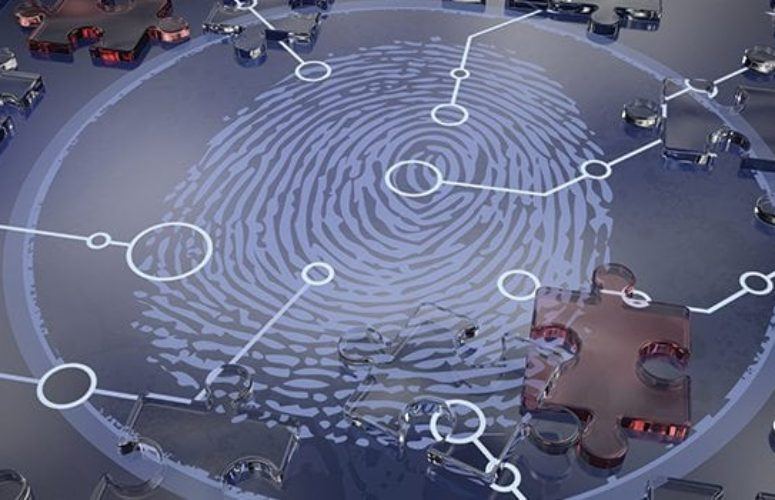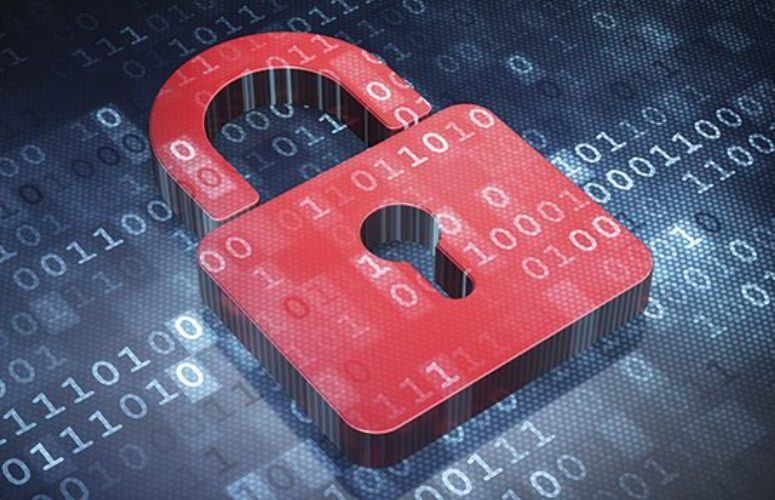
Analyzing Forensic Accounting
Today’s increasingly connected business environment amplifies the threats and losses caused by fraud and litigation.
By Lorna Pappas, Contributing Writer On Aug 14, 2017Technology and its interconnectivity continues to allow less scrupulous people to generate new and often successful methods of reaching people with the goal of perpetuating fraud. That’s why the field of forensic accounting − the integration of accounting, auditing, investigative skills and litigation support – has arrived at the forefront.
This also means that New Jersey’s 800,000 small business operators – with their limited resources for top-notch security systems and controls – are highly vulnerable to the risks of financial and business related fraud. Whether it’s e-mail hacking, employee theft, embezzlement, management fraud, identity and individual finance theft, and myriad other forms of fraudulence, New Jersey companies small and large need to be proactive in detecting and preventing these expanding criminal activities.
Not long ago, the niche of forensic accounting was almost non-existent, but much has changed, particularly with the growth of digital communications. Today, both private and public organizations increasingly face threats and losses caused by fraud and litigation – threats that extend well beyond local markets.
Forensic Accounting Defined
Forensic accountants provide an accounting analysis that is suitable to the court, which will form the basis for discussion, debate and, ultimately, dispute resolution. They are trained to look beyond the numbers and deal with the business reality of each unique situation.
“When people hear the word ‘accounting’ they immediately think of math, but forensic accounting is not math: It is understanding people and their behaviors. Essentially, we examine ways schemers penetrate organizations and individuals, investigate those violations, help protect against future security breaches, and educate people about how not to fall victim,” Rebecca Fitzhaugh, member of Sobel & Co. of Livingston and CPA in its forensic accounting/litigation services group, tells New Jersey Business. “Most forensic accounting firms employ teams of certified fraud investigators, accountants, IT professionals, retired law enforcement officials and other segment specialists. Among other services, together we create a proactive fraud risk assessment that shows a firm’s weaknesses and where it can implement better controls to avoid being victimized.”
Reliance on that team approach is one of the biggest mental paradigm shifts a forensic accountant must face, according to Michael Kupka, director of financial services and forensic accounting and dispute resolution services for Mazars USA, with offices in Edison and New York City. “In the past, forensic accountants normally worked as sole practitioners, but this is hardly the case today,” Kupka asserts. “The expanding nature of business dictates that successful forensic accountants must work well with specialized teams that are assembled based on the individual nature of the case to expertly examine the specific data relevant to a client,” he says.
Much of a forensic accountant’s work initiates through attorney referrals, with clients coming from a realm of various matters and industries, including government as well as families disputing financial distribution and spousal and child support in the courts.
Interestingly, however, there is no “normal” forensic accounting case. Whereas the motive of a fraud may be similar to other instances, the steps schemers take to generate fraud have unique factors and thought processes involving various circumstances.
“Forensic accountants apply their trade to myriad situations, such as in stockholder disputes, divorces, in criminal matters, bankruptcy proceedings and virtually any other time the flow of funds needs to be analyzed,” Thomas Reck, a partner with WithumSmith+Brown of Paramus, reports.
Reck says forensic accountants in his firm have been involved in a $10-million embezzlement case; tracking assets in order to pay judgments to creditors; and many other problematic situations. “Our cases are increasing in size as well as sophistication, especially as technology continues to advance the ways in which individuals attempt to access funds improperly or otherwise thwart systems in place.”
Forensic accountants at Smolin Lupin of Fairfield, get called in from two sides of the equation: Prevention and discovery. Henry Rinder, senior partner in the firm’s forensic and litigation practice and a forensic accountant since the 1980s, says, “People turn to us to review systems, controls and other preventative countermeasures. We provide recommendations on how best to implement operations designed to prevent white collar crime and fraud from employees, external vendors and customers. On the flip side, we also get involved when a crime is suspected or discovered. In those cases, we work with law enforcement officials and other professionals to compile financial evidence regarding the crime committed.”
From a CPA asking clients to write a check to the IRS and using it to credit his own personal estimated taxes, to a CFO embezzling from a company and contributing the funds to the charity his choice, Rinder confirms that “every forensic accounting case is unique – and every one is interesting. Variations usually depend on the level of authority and the expertise of the person committing the crime.
“Being a forensic accountant often is challenging, and just as often a lot of fun, as we work together to gain an understanding of the flow of funds and the fraudulent transactions that have taken place.”
Basic Steps to Fraud Prevention
People are so interconnected through the internet and smartphones that it takes a certain level of sophistication not to be a victim, Rinder states. That’s why companies and individuals can, should and are embracing security programs, firewalls, theft monitoring procedures and other preventive measures.
For example, many organizations aggressively train employees in how to react to suspicious e-mails. Following the training, “employees are unknowingly tested to see how they will respond to suspect e-mails, whether they will open the attachments,” Rinder notes. “The training and testing doesn’t stop, since criminals continuously find new, creative ways of e-mail phishing.”
State-of-the-art switches and firewalls also are an important piece of the puzzle. For example, Rinder indicates, some newer security software packages monitor everything trying to enter the business IT system and only allow the white-listed programs to run. This helps stop hackers by disallowing any non-white-listed programs, such as a virus, to activate.
Requiring multiple authentications, including codes sent to a smartphone then entered on the PC, also help deter sophisticated hacking operations, Rinder says.
Identity theft monitoring is key: “Consider a program that examines every financial action that concerns you as an individual,” Rinder suggests. “For example, when there is a credit card application filed under your name, a modification to your bank account, changes in your credit rating, and other financial activities taking place, you should be notified instantly. Some services cost as little as $10 a month and are definitely worth it.”
People need to be more cognizant of the simple steps they can take to help protect their security, Rinder adds, such as the use of sophisticated passwords. “Often, by nature, we overlook the basic steps that can help prevent or minimize the risk of a breach or action detrimental to the financial health of an individual or business entity.”
Additionally, some decision makers place insufficient emphasis on prevention and maintenance of their internal controls, Kupka declares. “Instead, they rely on their audit and outside accountants, whose jobs are not necessarily the implementation of strong fraud preventive tools. Companies should know the benefits of bringing even basic forensic accounting tools into day-to-day management because preventing problems is more effective than dealing with them after they occur.”
Trust – But be Logical
While the big highlight of forensic accounting is on electronic fraud and cybersecurity, “businesses shouldn’t lose track of the fact that old-fashioned fraud is still alive and well,” Fitzhugh advises. “For example, there’s always the bookkeeper or office manager who’s been with a company for a decade or more and is highly trusted. The pattern is the same: Owners have confidence in these employees because they’ve worked there for years, so they don’t take the time to oversee them. Meanwhile, these workers have been stealing as much as they want without the business owner knowing.”
Trust is a factor of human nature, Fitzhugh says: “We want to be comfortable with those we interact with and think the best of them. Especially in small companies, some owners don’t want to do background checks because it violates the trust employees have in them. But, I believe you have to take trust out of the equation – and be logical! When you trust, you become vulnerable, and that allows the trust violator to take advantage.
“Trust is the key to all types of forensics. No matter what kind of fraud we encounter, even with all the new technologies, trust is always at the center. And that will never get old.”
Current Accounting Forensic Trends
Kupka of Mazars USA shares his view of three trending situations faced by forensic accountants:
- Big Data analysis/discovery. The ability and need to process large amounts of data is becoming increasingly important. Even mid-size companies operate in environments that produce huge amounts of data. The information generated by those systems needs to be understood, properly extracted and analyzed before it can be useful for end users.
- Global accessibility and the ability to address international issues. The actions of some companies may have national and global implications. For example, companies may be responsible for practices of their vendors operating in foreign markets. Likewise, challenges that vendors or suppliers face can impact companies in other countries. In short, due to globalization, many companies are directly linked and often dependent on the function of other companies as well as the larger political and economic climates affecting those businesses.
- Data loss/cybersecurity. With our increasing reliance on computers and automation, cybersecurity attacks are on the rise. In cases involving cybersecurity breaches, forensic accounting experts can assist companies to determine and quantify the extent of loss as well as the impact on financial performance.






